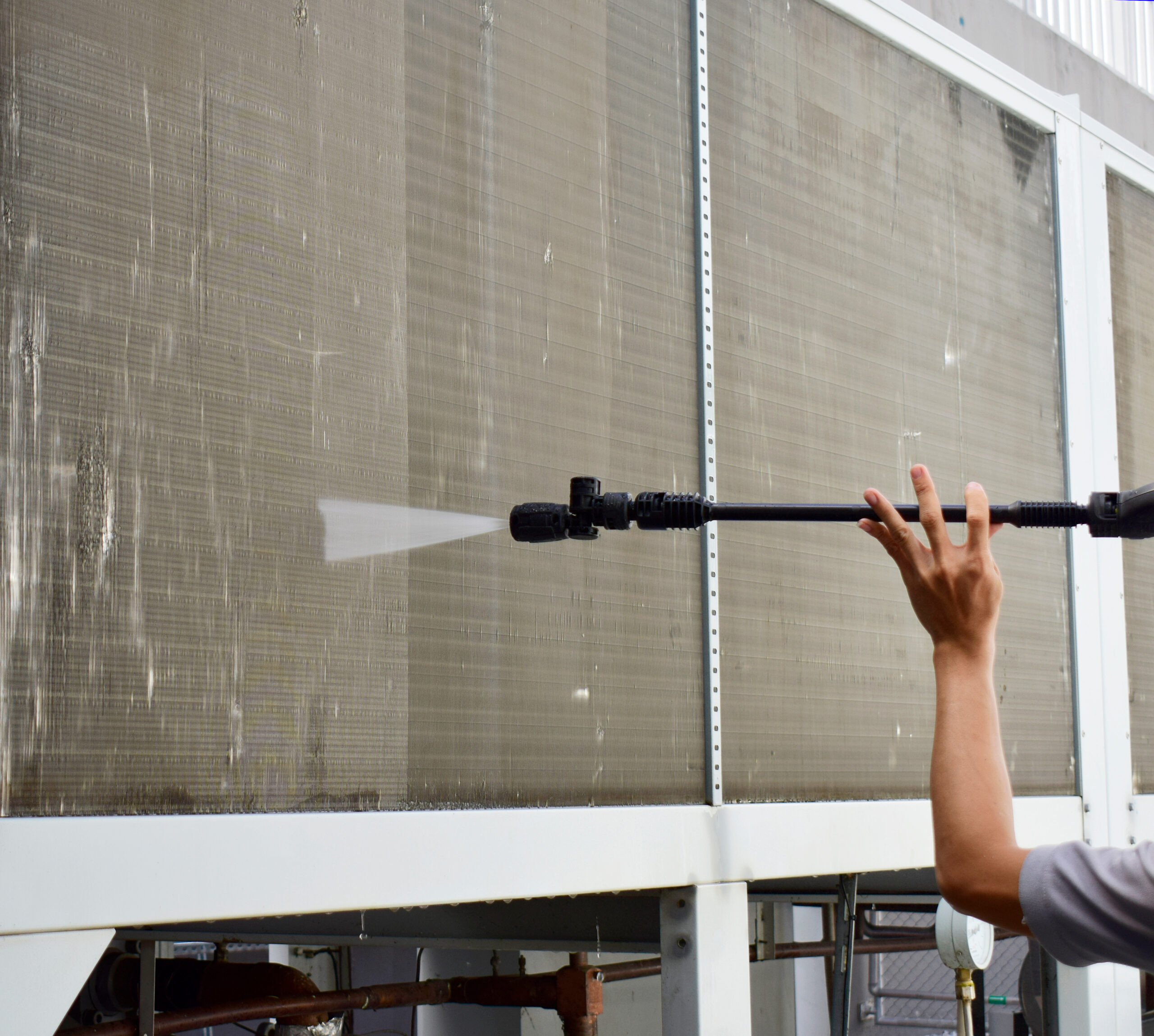How Does Scale Form on Cooling Tower Surfaces?
Scale is a hard, chalky deposit that can form on the surfaces of cooling towers. It is caused by the precipitation of dissolved minerals in the cooling water. These minerals can come from the makeup water, the air, or the materials used to construct the cooling tower.
The most common type of scale in cooling towers is calcium carbonate. Calcium carbonate is a relatively insoluble mineral, so it tends to precipitate out of solution when the water temperature drops. This is why scale is often found on the coldest surfaces in the cooling tower, such as the fill and the pipes.
Other types of scale that can form in cooling towers include calcium sulfate, magnesium carbonate, and iron oxide. The type of scale that forms will depend on the composition of the makeup water and the operating conditions of the cooling tower.
Scale can have a number of negative effects on cooling towers. It can reduce the efficiency of the cooling tower, increase the risk of corrosion, and damage the equipment. Scale can also be difficult and expensive to remove.
There are a number of ways to prevent scale formation in cooling towers. These include:
- Using makeup water with low mineral content
- Maintaining the pH of the cooling water
- Using chemical treatments to control the solubility of the minerals
- Regularly cleaning and inspecting the cooling tower
By taking steps to prevent scale formation, you can help to extend the life of your cooling tower and improve its efficiency.
Here are some additional details about how scale forms on cooling tower surfaces:
- The solubility of minerals in water decreases as the temperature decreases. This means that when the water in a cooling tower cools, the minerals in the water become more likely to precipitate out of solution.
- The rate of scale formation is also affected by the pH of the water. In general, scale formation is more likely to occur in water with a high pH.
- The presence of other substances in the water, such as organic matter or suspended solids, can also promote scale formation.
By understanding how scale forms, you can take steps to prevent it and keep your cooling tower running smoothly.
About The Author
Nick Piskura is the Marketing and Web Development Specialist at ChemREADY who utilizes expertise in digital marketing strategies to provide knowledgeable insights in each segment of our business. Nick provides insights through web development and multimedia resources that support ChemREADY’s full range of services, including Legionella management, ANSI/AAMI ST108 compliance, boiler and cooling tower treatment, wastewater processing, and industrial water quality solutions.

